Apple pays HMRC an extra £137 million after 'extensive' audit
Apple Europe had received much less income than it was due, resulting in a lower tax bill, says taxman
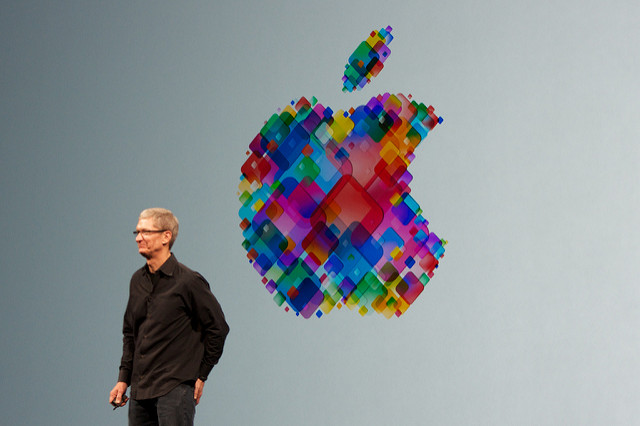
Apple has paid the UK government another 137 million in added tax following an HMRC audit that found it had substantially underpaid one of its subsidiaries.
The "extensive audit" covers corporate tax for a number of years up to September 2015, during which time Apple Europe, which provides sales support, marketing and other services to fellow Apple subsidiaries, wasn't paid fair value for its services, according to the taxman.
As a result, Apple Europe paid an additional 136.9 million in tax, on top of 57.4 million for the 18 months leading up to April 2017, according to a strategic report filed with Companies House.
An HMRC spokesperson said: "We do not comment on the tax affairs of individual companies. Multinational companies must pay all taxes due and we don't settle for less.
"Last year alone, HMRC secured and protected over 8 billion in additional tax revenue from the largest and most complex businesses."
The audit was first revealed by The Financial Times, which reported that it was down to Apple Europe's increased activities. Apple Europe's Companies House filing shows that as of April 2017 it employed 791 staff, up from 605 in 2015.
IT Pro has asked Apple whether it has changed how much it pays its Apple Europe subsidiary following the audit, but the subsidiary's Companies House filing shows that in September 2015, it paid just 1.3 million in tax on profits of just 14.7 million. In contrast, pre-tax profits for the 18 months up to April last year stood at 297 million.
Get the ITPro daily newsletter
Sign up today and you will receive a free copy of our Future Focus 2025 report - the leading guidance on AI, cybersecurity and other IT challenges as per 700+ senior executives
Apple has already fallen foul of the EU over back taxes, when the European Commission ordered Ireland to collect 13 billion in unpaid back taxes from the tech giant in the summer of 2016. Both Apple and the Irish government are separately appealing the decision, but Apple has deposited the funds in an escrow account awaiting the outcome of the appeals.
Now, both the US Senate and authorities in France are scrutinising Apple's recent admission that it slowed batteries down on older iPhones to help them cope with more modern software. Apple has denied slowing the batteries down to push people to upgrade to newer iPhones.
Picture credit: Mike Deerkoski
-
 Should AI PCs be part of your next hardware refresh?
Should AI PCs be part of your next hardware refresh?AI PCs are fast becoming a business staple and a surefire way to future-proof your business
By Bobby Hellard Published
-
 Westcon-Comstor and Vectra AI launch brace of new channel initiatives
Westcon-Comstor and Vectra AI launch brace of new channel initiativesNews Westcon-Comstor and Vectra AI have announced the launch of two new channel growth initiatives focused on the managed security service provider (MSSP) space and AWS Marketplace.
By Daniel Todd Published
-
 IBM: Data governance for data-driven organizations
IBM: Data governance for data-driven organizationswhitepaper Master your data management
By ITPro Published
-
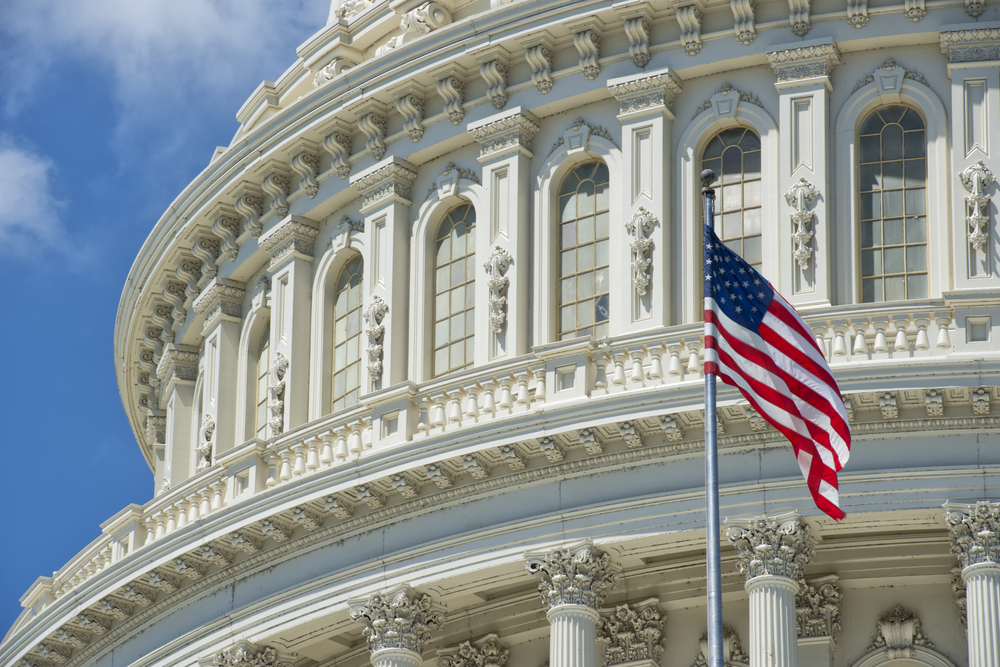 Google claims US government is too reliant on unsecure Microsoft products
Google claims US government is too reliant on unsecure Microsoft productsNews The tech giant suggested it might be time for the government to rethink its approach to procurement
By Zach Marzouk Published
-
 Over half of London councils lack cyber insurance
Over half of London councils lack cyber insuranceNews One council representative called the cyber insurance market “very challenging”
By Zach Marzouk Published
-
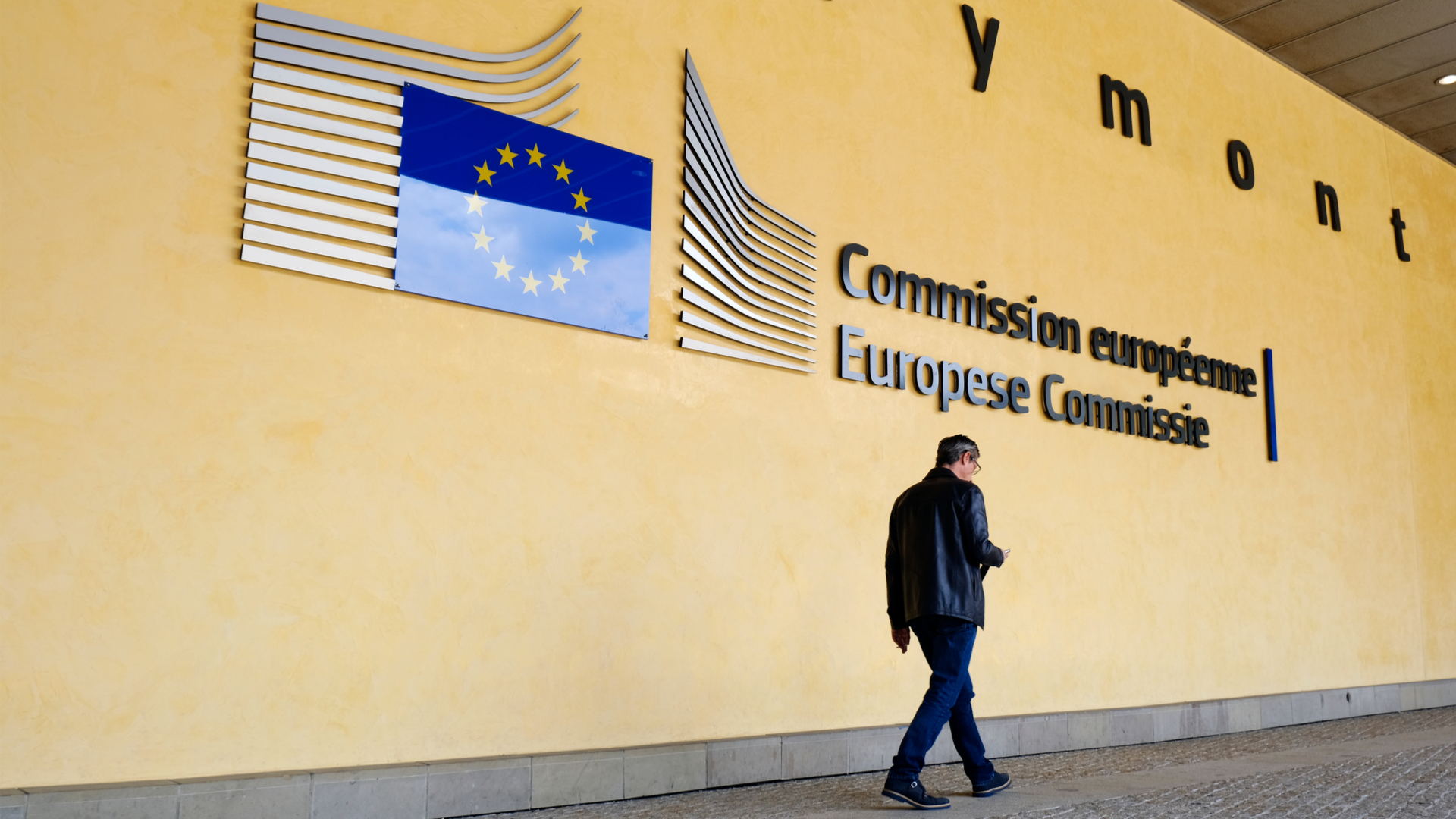 EU might force tech giants to share data with smaller rivals
EU might force tech giants to share data with smaller rivalsNews The Digital Services Act draft also suggests that firms may be banned from giving their own services preferential treatment
By Sabina Weston Published
-
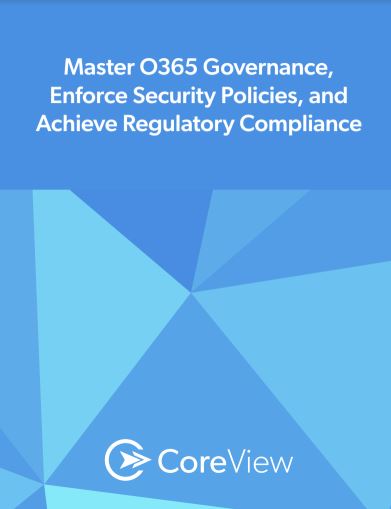 Master O365 governance, enforce security policies, and achieve regulatory compliance
Master O365 governance, enforce security policies, and achieve regulatory complianceWhitepaper Identify — and solve — security compliance pain points
By ITPro Published
-
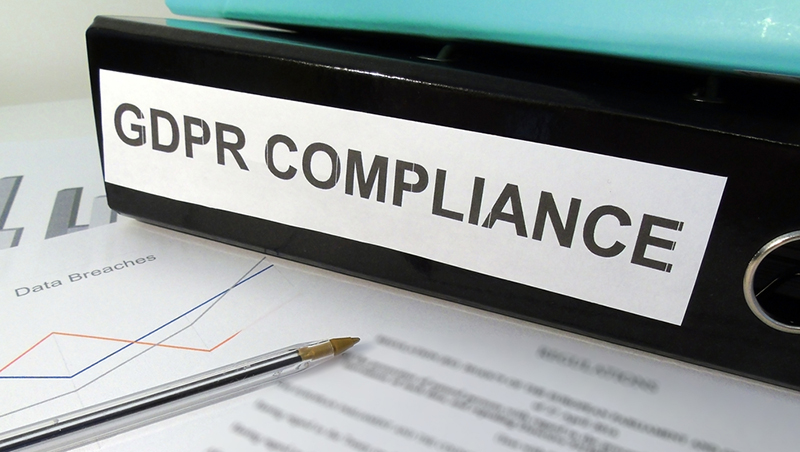 German housing giant fined £12.5m for GDPR violations
German housing giant fined £12.5m for GDPR violationsNews The firm’s archive system held onto highly sensitive data from bank statements to health insurance records
By Keumars Afifi-Sabet Published
-
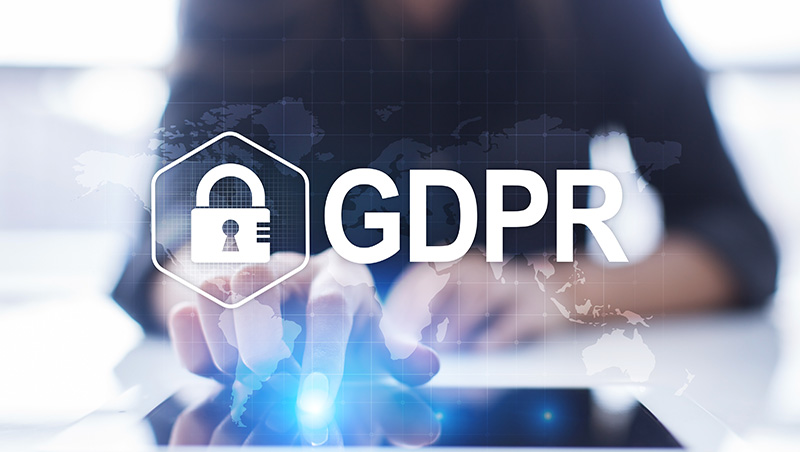 Heathrow Airport and NHS Digital join ICO sandbox projects
Heathrow Airport and NHS Digital join ICO sandbox projectsNews The UK regulator will oversee the development of data-reliant services to ensure GDPR compliance
By Keumars Afifi-Sabet Published
-
 Liberty defeated in ‘snooper’s charter’ legal challenge
Liberty defeated in ‘snooper’s charter’ legal challengeNews High court rules the government’s Investigatory Powers Act doesn’t breach human rights
By Keumars Afifi-Sabet Published